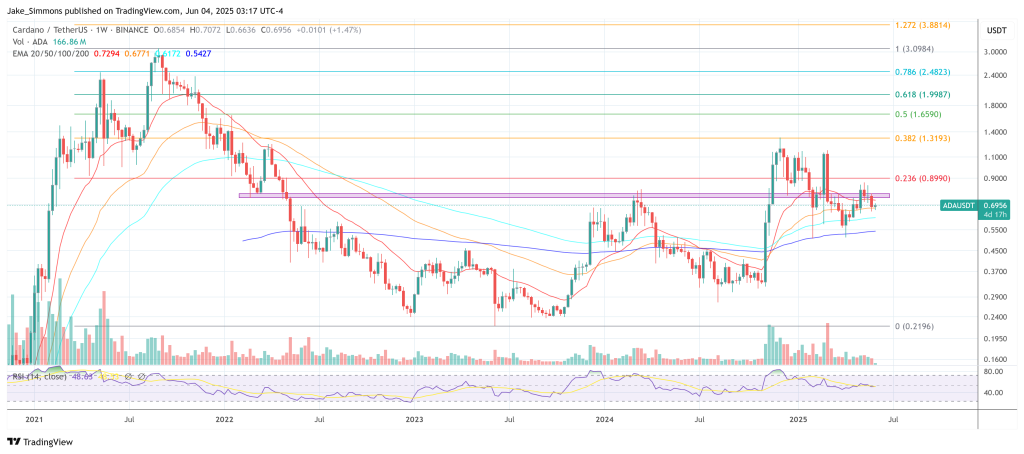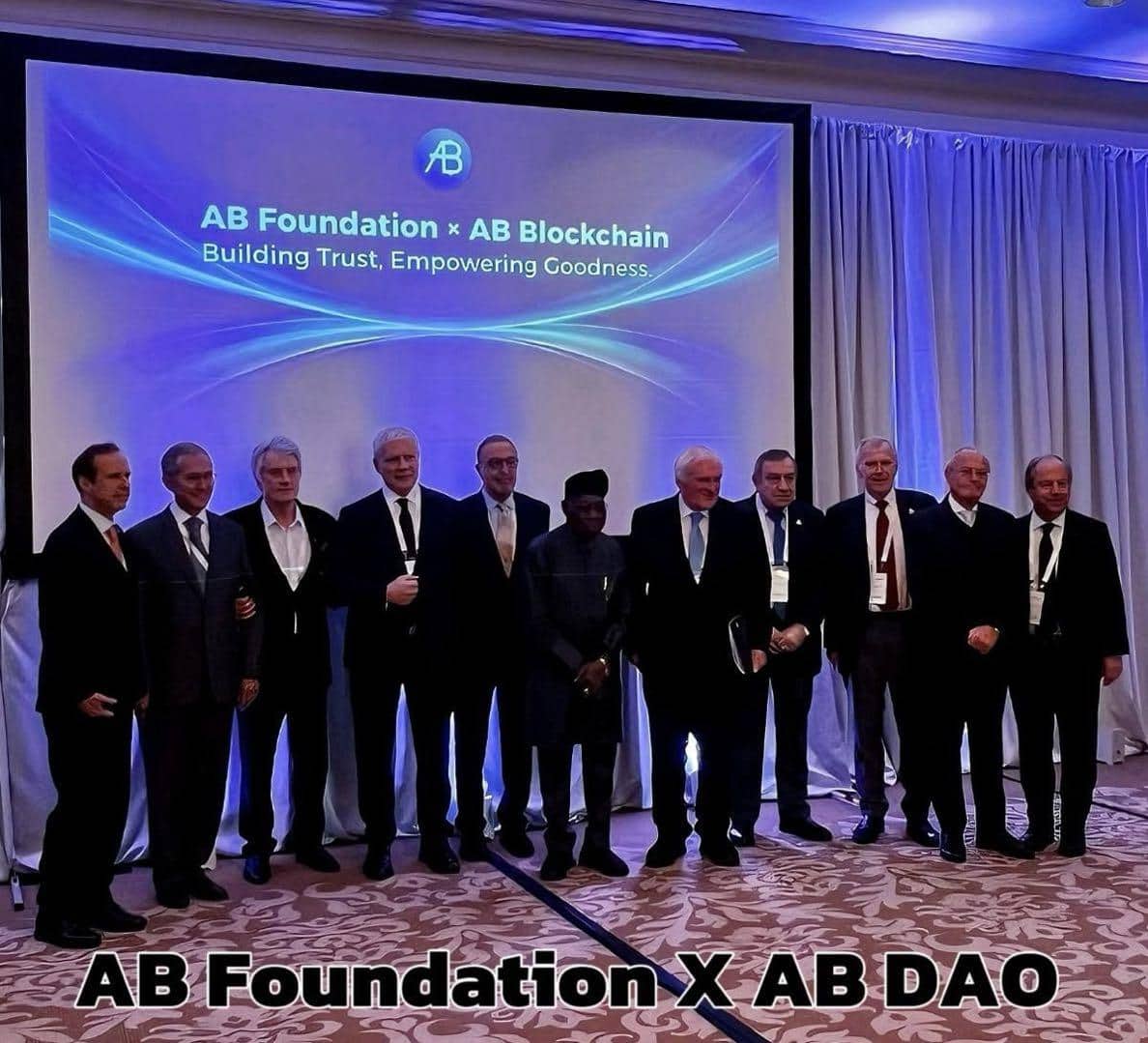
content, reviewed by leading industry experts and seasoned editors. Ad Disclosure
In a late-night post on June 3, Input Output Global (IOG) announced that it had finished reviewing two high-profile governance actions now before Cardano’s Voltaire-era electorate. “Input | Output has completed its assessment of the Amaru and DeFi Liquidity budget Info Actions. We find the DeFi Liquidity action unconstitutional … We find the Amaru action constitutional,” the company wrote on X.
That single sentence set off a new round of debate about the procedural safeguards embedded in the Cardano Constitution—a document adopted in February to give legal weight to on-chain decision-making.
Cardano Proposals Under Scrutiny
IOG’s “No” vote on the liquidity proposal rests on a technical but foundational rule in Article III, Section 5 of the Constitution. The article requires every governance action to publish a URL for its off-chain documentation and to record, on-chain, the cryptographic hash of that file. The hash is supposed to guarantee that no one can quietly swap the PDF or JSON once voting begins.
In the liquidity proposal the two values diverged. Input Output Global’s engineers downloaded the file and calculated a Blake2b-256 digest. The hash embedded in the transaction, however, was different. That mismatch “renders the proposal unconstitutional in its current form,” IOG argued, because voters cannot be sure what they are really approving.
The practical upshot is that, unless the authors resubmit with matching metadata, the Stablecoin Liquidity budget—originally pitched as a ₳50 million, 12-month programme to seed liquidity across Cardano DEXs—cannot move forward. Cardano’s Delegated Representatives (DReps) may still cast ballots, but the Constitutional Committee is now obliged to disregard the result.
By contrast, the “Cardano Blockchain Ecosystem Budget: Amaru 2025” sailed through IOG’s review. The project seeks ₳1.5 million to finance an alternative Cardano node implementation written in Rust. Governance Space records show the action is already pulling in more than 90 percent “Yes” support from voting stake—well above the 50 percent threshold that treasury-related actions must clear.
IOG’s rationale highlights several constitutional touch-points: the proposal’s purpose aligns with decentralisation goals in the Preamble and Article I; it follows the standard metadata format demanded by Article III, Section 5; it provides an explicit fund-administration framework that satisfies Article IV, Section 2; and it confirms that the requested sum will not breach the Net-Change Limit in Article IV, Section 3.
The only caveat IOG raised concerns the line-item for “Ad-hoc mercenaries” to cover audits—an ambiguous phrase that the company says should be clarified before disbursement.
What Happens Next
Under Cardano’s CIP-1694 governance flow, DReps have until epoch 563 (June 8) to vote. If the DeFi Liquidity action retains its flawed metadata, it will almost certainly be tossed regardless of the tally. The Amaru budget, on the other hand, is on track for approval; once ratified, its maintainers will be able to draw down funds in tranches, subject to on-chain spending scripts and oversight from PRAGMA’s legal wrapper.
The episode underscores why the Constitution’s seemingly dry formatting rules matter. Without an anchor-hash match, the “single source of truth” principle that keeps Cardano proposals immutable collapses, opening the door to bait-and-switch edits that no chain audit could detect. As IOG’s post put it, the mismatch “undermines the constitutional requirement for a clear, verifiable, and identical link between the on-chain governance action and its off-chain specification.”
At press time, ADA traded at $0.69.
 ADA hovers below key resistance again, 1-week chart | Source: ADAUSDT on TradingView.com
ADA hovers below key resistance again, 1-week chart | Source: ADAUSDT on TradingView.comFeatured image created with DALL.E, chart from TradingView.com

Editorial Process for bitcoinist is centered on delivering thoroughly researched, accurate, and unbiased content. We uphold strict sourcing standards, and each page undergoes diligent review by our team of top technology experts and seasoned editors. This process ensures the integrity, relevance, and value of our content for our readers.

















 English (US) ·
English (US) ·